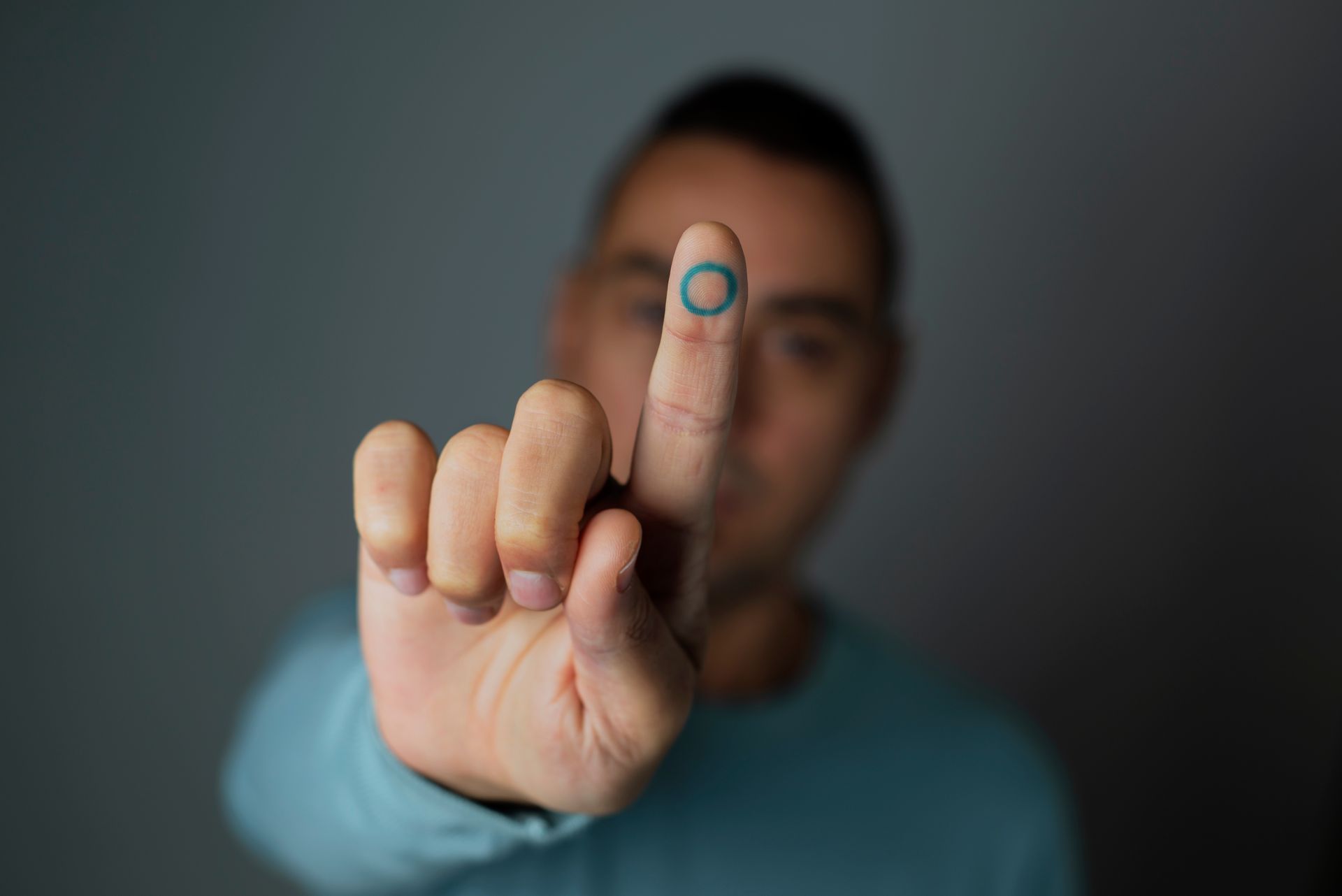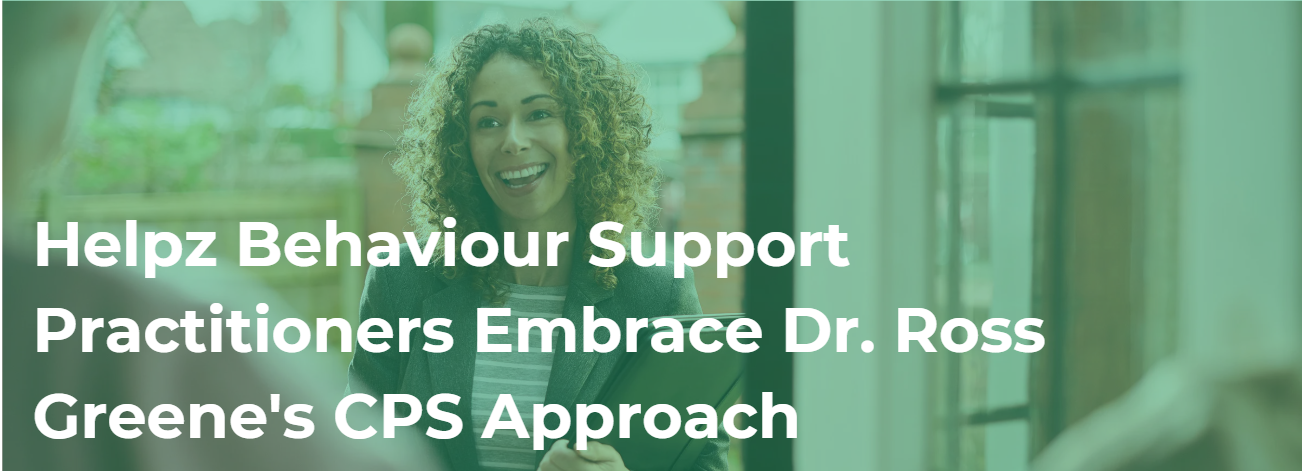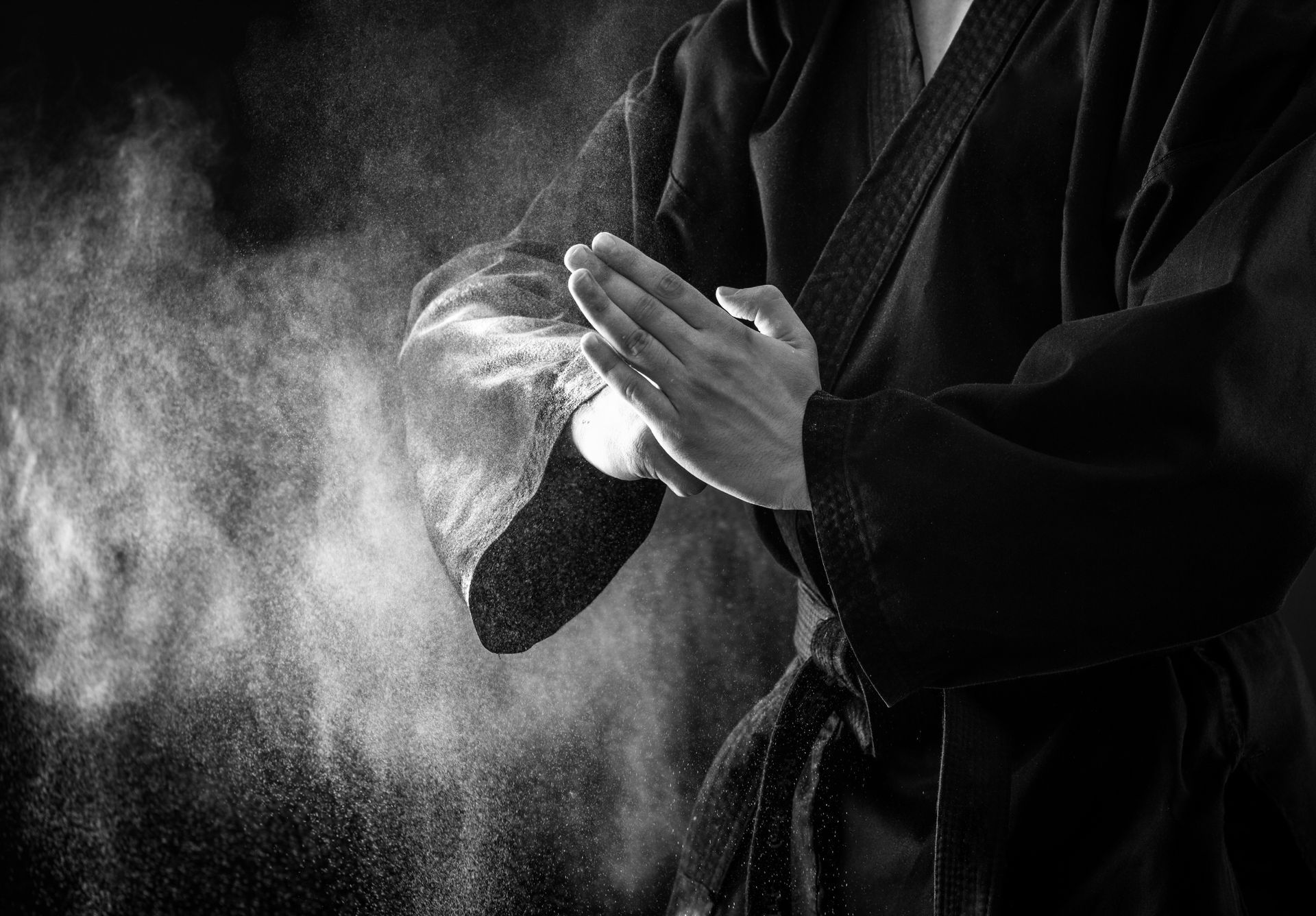Celebrating World Diabetes Day: The Integral Role of Dietetics in Diabetes Management

On World Diabetes Day, we unite globally to raise awareness of a health challenge that affects millions of individuals worldwide - diabetes. Whether you're personally navigating this condition or supporting someone who is, it's important to recognise that managing diabetes extends beyond medication. One crucial pillar stands out: dietetics.
Diabetes management can often feel like a tightrope walk, balancing diet, insulin, and lifestyle to maintain healthy blood sugar levels. This World Diabetes Day, we at helpz want to spotlight the transformative role that dietetics plays in this balancing act and how our dedicated team of dieticians is making a difference.
Understanding the Dietetics-Diabetes Connection
Diet plays a pivotal role in diabetes management. It’s not just about avoiding sugar but understanding the complex relationship between all types of food, nutrition, and your body’s insulin response. This is where dietetics comes in.
Dietitians are allied health professionals with expertise in human nutrition and the regulation of diet. They interpret nutritional science to help individuals make informed choices about the foods they’re consuming. For someone with diabetes, this guidance is invaluable.
Personalised Nutritional Support
At helpz, our dieticians understand that every individual's life, tastes, and routine are different. What works dietary-wise for one person may not suit another. That's why we don't do 'generic' meal plans. Our participants receive one-on-one consultations, ensuring meal plans that consider personal preferences, cultural backgrounds, and lifestyle factors.
This personalised approach extends to setting achievable goals - whether it's understanding carbohydrate counting, making sense of food labels, or mastering glycaemic index nuances. Our team is here to demystify these concepts, providing ongoing support and motivation.
Collaborative Healthcare for Holistic Diabetes Management
Our commitment to comprehensive diabetes care is deeply rooted in collaboration. Helpz’s dietitians work closely with other support areas, including mental health professionals, physiotherapists, and occupational therapists, to ensure a holistic approach to diabetes care. This teamwork is fundamental in addressing all aspects of an individual’s well-being, recognising the interconnectedness of physical health, mental health, and diet. Together, we work towards common goals: stabilising blood sugar levels, reducing diabetes-related stress, and improving overall quality of life. By bridging various disciplines, we provide a continuum of care that extends far beyond food, encompassing every factor that contributes to your health and happiness.
Empowering You Beyond the Plate
Our commitment goes beyond crafting meal plans. We want to empower you with the knowledge and skills to make positive food choices independently. We provide resources, and continuous education, ensuring that you feel confident even in situations where you have to make quick food decisions.
Join Us in Making a Difference This World Diabetes Day
As we commemorate World Diabetes Day, it's an opportune moment to reflect on our health journeys. If you or your loved ones are grappling with diabetes, remember that you're not alone. With the right support, particularly in dietetics, managing diabetes can become a more navigable and empowered journey.
Reach out to us at helpz to learn more about how our dietetic services can support you or your loved ones in effectively managing diabetes. Together, let's take a step forward this World Diabetes Day towards better health, awareness, and understanding.
News & Insights
Check Our Latest Resources







